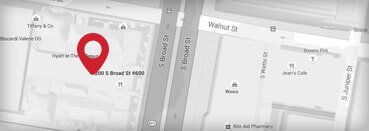On September 10, 2007, Governor Corzine signed into legislation a bill modifying Section 46:8B-15 of the New Jersey Condominium Act. The bill now confirms that condominium associations may charge a capital contribution or membership fee, as long as the association’s master deed or by-laws provide the authority for doing so. You may recall that the recent Micheve case cast doubt on an association’s ability to collect these fees. Also included in the bill is a provision mandating that association funds must be maintained separately and not commingled.
Capital Contribution and Membership Fees. The law now provides that, if authorized by the master deed or bylaws, an association may collect a capital contribution, membership fee or other charge upon the initial sale or subsequent resale of a unit. The funds collected must be allocated for maintaining or improving the common elements or defraying common expenses or otherwise. The charge may not exceed nine times the amount of the most recent monthly common expense assessment for the unit. The bill also validates any existing master deed or bylaws provision which already provides for the collection of this type of fee.
Thus, a condominium association whose by-laws or master deed already include authority to charge a capital contribution or membership fee (whether in the original version or by amendment prior to this legislation) can now be confident of its ability to charge the fee. Any condominium association which does not currently have the authority to charge a capital contribution or membership fee may now take steps to amend its by-laws or master deed.
The legislation, because it is part of the Condominium Act, does not apply to homeowners associations or cooperatives.
Maintaining Association Funds. The law also includes a provision that requires all funds collected by the association to be maintained separately in the association’s name. For investment purposes only, reserves may be commingled with operating funds of the association as long as each fund is accounted for separately and the balance of the account never falls below the amount identified as reserve funds. Under no circumstances may association funds be commingled with the funds of the managing agent, a trustee, or of another association. These requirements should not be a surprise to most associations as they likely operate in this way already.








